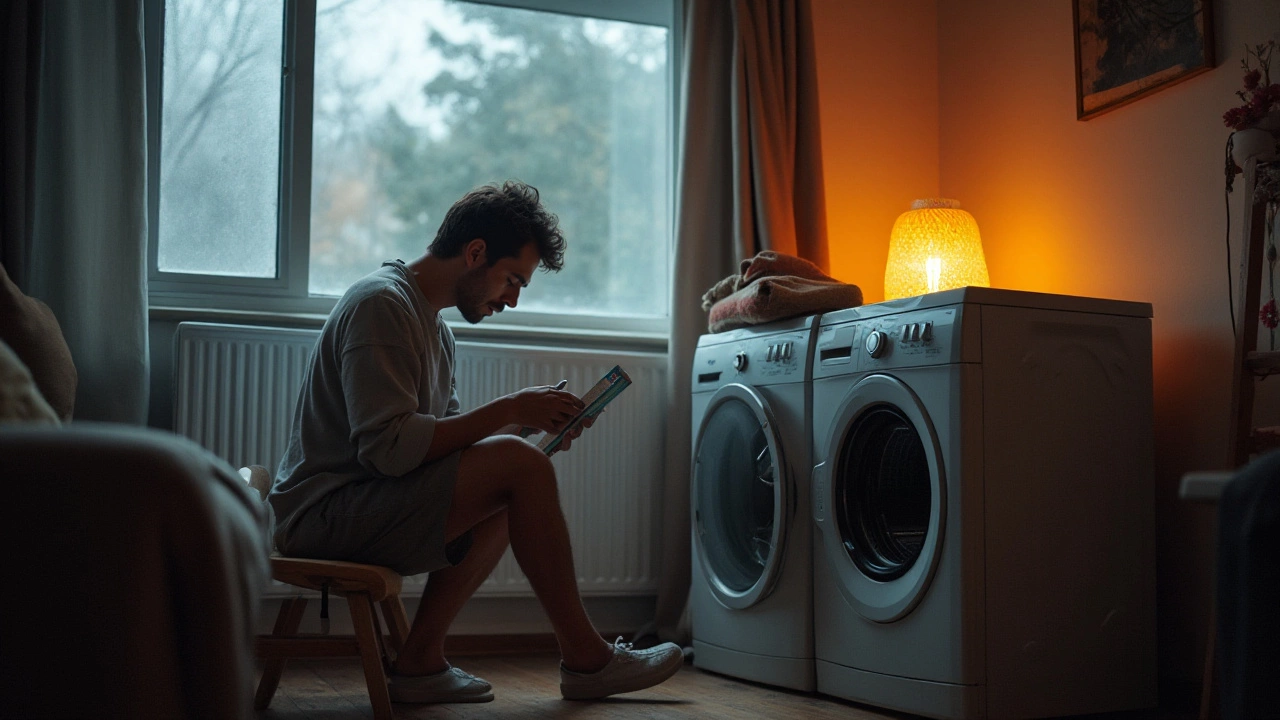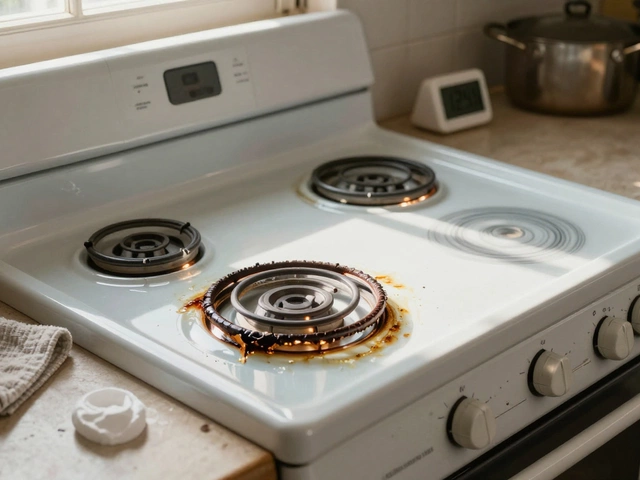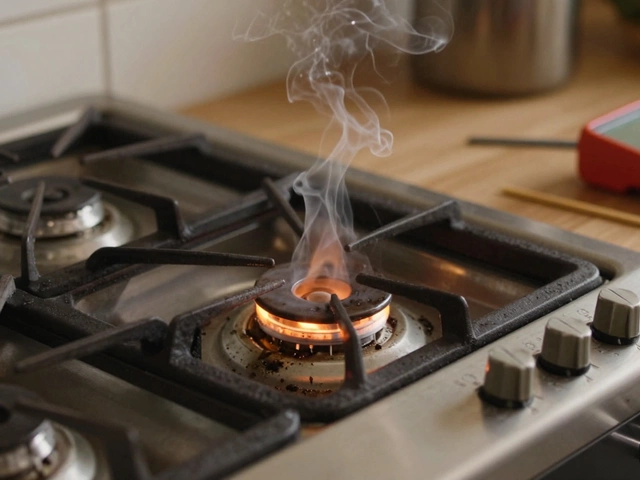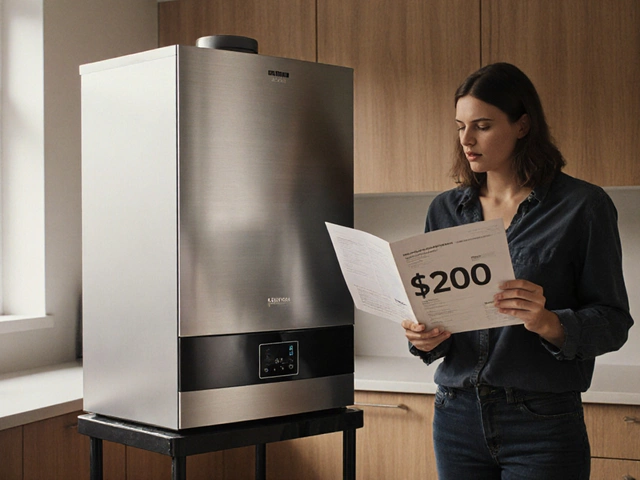How Long Should Your Water Heater Last? Lifespan, Signs, and Replacement Tips
June 27 2025Appliance Tips: Simple Ways to Keep Your Home Appliances Running Smoothly
If you’ve ever stared at a noisy boiler or a stubborn oven, you know how stressful a broken appliance can be. The good news? Most problems can be avoided with a little regular care. Below you’ll find easy, everyday steps that help your appliances last longer and work better, plus clear signs that it’s time to call a certified gas engineer.
Everyday Maintenance Checklist
Start with a quick visual check once a month. Look at extractor fans in the kitchen and bathroom – clear any grease or dust from the filters. A dirty filter forces the fan to work harder and can cause overheating.
For boilers, check the pressure gauge. It should sit between 1 and 1.5 bar when the system is cold. If it’s too high or low, bleed a radiators or adjust the pressure valve. While you’re at it, listen for unusual noises. A whistling or knocking sound often means air trapped in the system.
Water heaters benefit from a simple flush every six months. Turn off the power or gas, attach a garden hose to the drain valve, and let the sediment out. This keeps the heating element clean and improves efficiency.
Appliances with removable parts—like oven racks or dishwasher spray arms—should be taken out and scrubbed with warm, soapy water. Check seals on fridge doors; a cracked seal lets cold air escape and makes the compressor work overtime.
Finally, test safety devices. Resetting a water heater’s breaker without turning the power off can be dangerous. Always switch off the breaker before resetting, then watch for any tripping that might indicate an underlying fault.
When to Call a Certified Gas Engineer
Even the best DIY routine can’t replace professional expertise. If your boiler won’t fire up, or you notice a strong gas smell, shut it off and call a qualified gas engineer immediately. Gas leaks are a serious safety risk and require specialist tools to locate and fix.
When a kitchen extractor fan stops working completely, the cause might be a blown fuse, a broken motor, or a wiring issue. An electrician can safely test the electrical circuit, while a gas engineer can handle any integrated ventilation that ties into a gas‑powered cooker.
Older appliances—especially boilers over 15 years—are often less efficient and may need a full replacement. A professional can assess the system’s age, performance, and running costs, helping you decide if a new, energy‑saving model makes sense.
Don’t ignore repeated error codes on dishwashers or washing machines. These usually point to sensor failures that require calibrated parts only a trained technician should install.
Bottom line: keep up with the quick monthly checks, flush out sediment, and watch for any strange noises or smells. When in doubt, especially with any gas‑related equipment, give a certified gas engineer a call. A little preventive care saves you time, money, and the hassle of a cold shower or a cold dinner.
 15 May
15 May
Electric Stove Problems: The Two Most Common Issues You Need to Know
Electric stoves make life easier until something goes wrong. The two most common problems are surprisingly fixable with the right approach. This article explains why your stove might stop heating or act up unpredictably. Expect clear tips to keep your stove running and avoid wasting money on avoidable repairs. Basic troubleshooting can save the day if you know what to look for.
Read More... 14 May
14 May
Freezer Not Freezing? Real Reasons and Quick Fixes
When your freezer stops freezing, it’s more than a hassle—it can ruin your food and cost you real money. This article breaks down why a freezer might quit working, the first things you should check, and what you can fix yourself before calling a repair pro. You’ll get real tips based on what actually goes wrong inside your appliance. Look out for warning signs you might have missed. Practical advice, clear steps, and a few surprises about freezer quirks—all from the perspective of someone who’s had to rescue melting ice cream at 10pm.
Read More... 23 Jan
23 Jan
Top Reasons Your Tumble Dryer Isn't Spinning
When your trusty tumble dryer isn't spinning, it can be incredibly frustrating, especially during the damp winters here in Auckland. This problem could arise from several scenarios, ranging from a slipped drive belt to a faulty motor. The key is identifying the specific cause. Once you know why your dryer isn't working correctly, you might be able to fix it yourself with a bit of patience and know-how or decide whether it's time to call in professional help.
Read More...



